© 2022 Nutrimedical.com
Privacy Policy | RETURN POLICY | Terms of Use | Contact Us *These statements have not been evaluated by the Food and Drug Administration. This product is not intended to diagnose, treat, cure, or prevent any disease. *Within the contiguous U.S. FREE standard shipping is available for orders totaling $149 or more. Outside the contiguous U.S. Standard Shipping to Alaska, Hawaii, Puerto Rico, U.S. Territories and Canada is calculated at check out. International: We ship to 160+ countries!


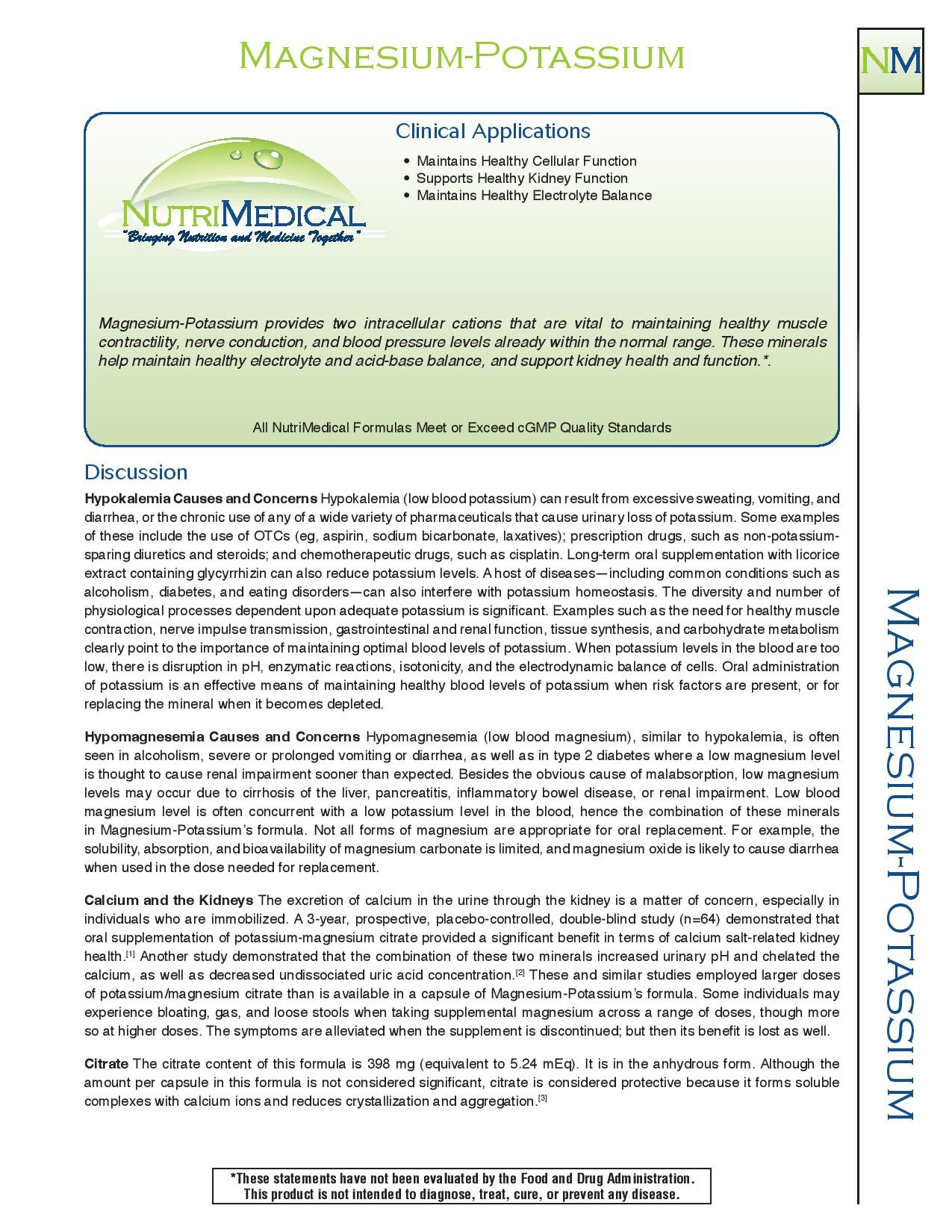

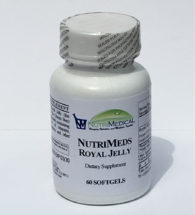
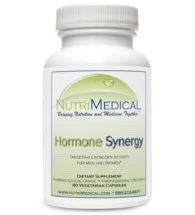
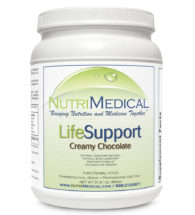
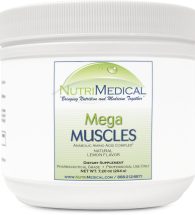
Reviews
There are no reviews yet.